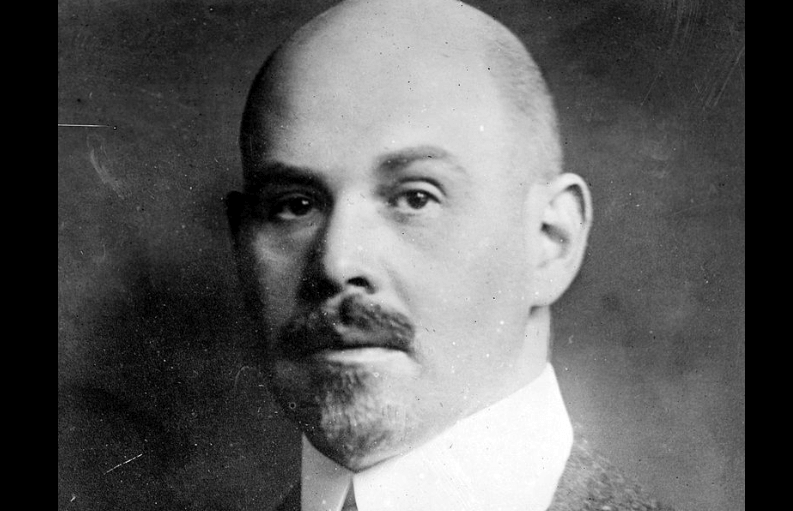Explore the fascinating life of Walther Rathenau, a German industrialist and statesman who navigated the complexities of post-World War I Germany. Discover his roles in industry, politics, and advocacy for social reform, as well as his tragic assassination in 1922. Learn about his philosophy, his efforts for reconciliation, and his enduring legacy.

Source: wikipedia.org
Walther Rathenau was a significant figure in German history, known for his roles as an industrialist, statesman, and advocate for social reform. Born in Berlin, Germany on September 29, 1867, he was the son of Emil Rathenau, an industrial pioneer who founded the Deutsche Edison-Gesellschaft in 1883, which later became the Allgemeine Elektricitäts-Gesellschaft (AEG) in 1887. Following in his father’s footsteps, Walther Rathenau joined AEG in 1889 and eventually became its president in 1915 after his father’s passing.
During the early stages of World War I, Rathenau played a crucial role in organizing the supply of raw materials for Germany, helping to avert an industrial collapse. However, his views began to diverge from the prevailing sentiment as the war progressed. In 1918, he strongly opposed General Erich F.W. Ludendorff’s call for an armistice, viewing it as a reckless move.
Rathenau’s political career reached its peak during the Weimar Republic era, where he served as the Minister of Reconstruction and later as Foreign Minister from 1921 to 1922. In these roles, he pursued policies aimed at making reparation payments more manageable for Germany, seeking reconciliation with France, and negotiating with Soviet Russia (resulting in the Treaty of Rapallo in 1922).
Despite his efforts for peace and reconciliation, Rathenau faced intense opposition and hostility. As an eloquent critic of capitalism, he drew the ire of his own social class. Additionally, being a wealthy Jew and a republican patriot, he became a target for the emerging forces of Nazism. His advocacy for reconciliation with Russia was interpreted as sympathizing with Bolshevism, further fueling animosity against him.
Rathenau’s assassination in June 1922 was a tragic consequence of this opposition. Refusing to use bodyguards out of pride and courage, he fell victim to reactionary forces who saw his efforts as treasonous.
Philosophically, Rathenau was an idealist with religious inclinations. He supported social reforms but was cautious about complete nationalization of industries, fearing it might disrupt the efficiency of the capitalist system. Instead, he proposed making industry “transparent,” meaning it would be removed from secretive private operation and subjected to the social and moral judgments of democracy.
He held admiration for the “blond, blue-eyed men of courage,” yet he also foresaw the rise of the common man in the modern age of engineering. Rathenau believed that through increased productivity and social reforms, the ills of society could be eliminated, paving the way for what he described as a new “realm of the soul.”
In summary, Walther Rathenau was a complex figure whose life and work were marked by a dedication to industry, social reform, and peace. His tragic assassination cut short a career that sought to navigate the tumultuous period of post-World War I Germany towards a more equitable and harmonious future.